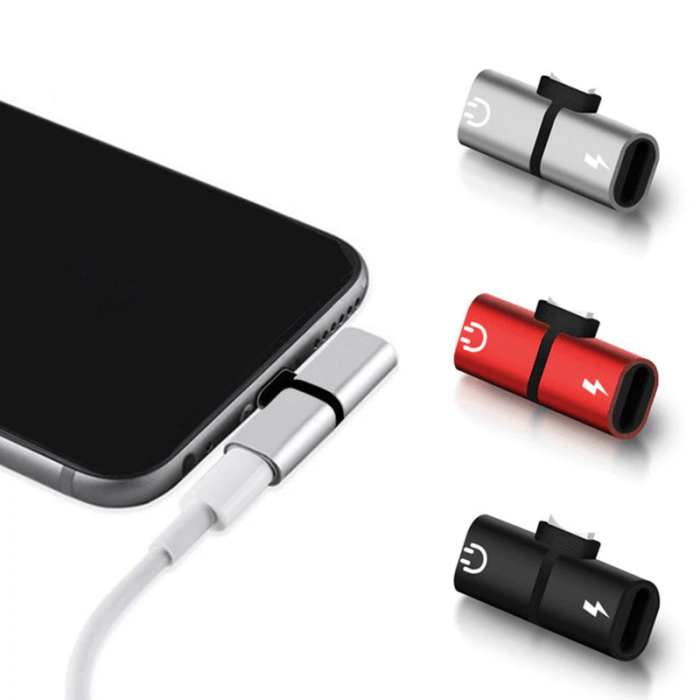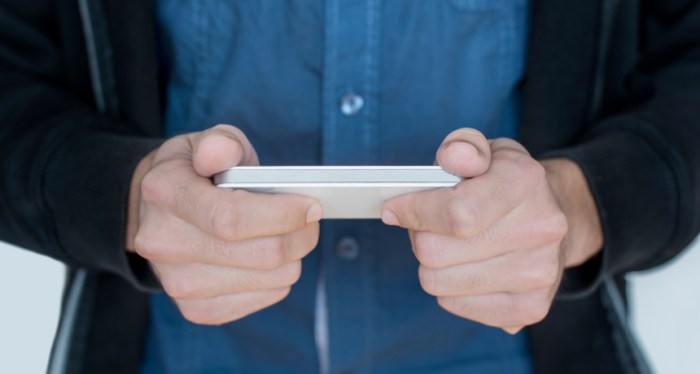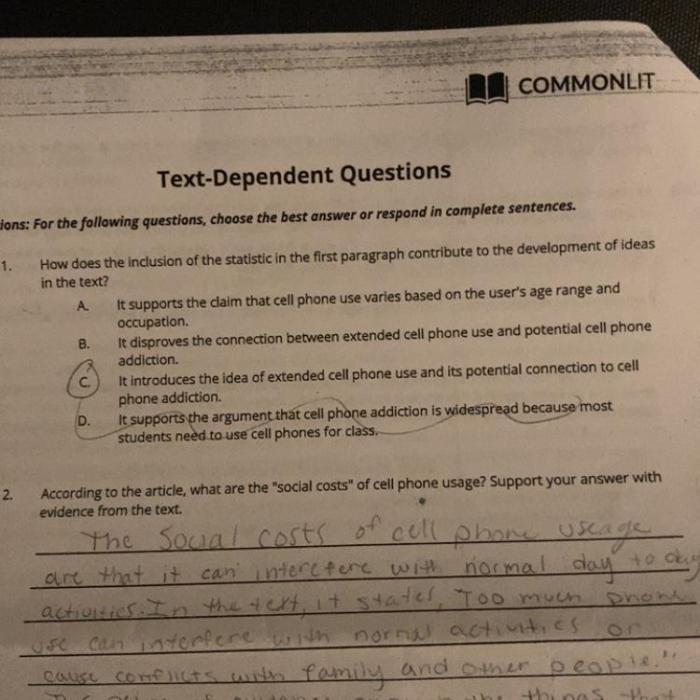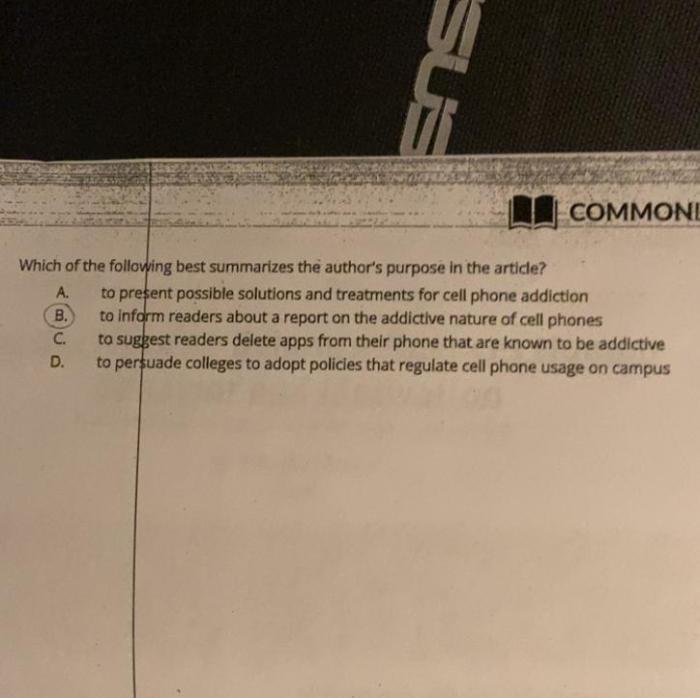Watch out cell phones can be addictive – Watch out: cell phones can be addictive. The widespread use of cell phones has created a potential for addiction, with statistics showing a growing prevalence. Factors such as constant accessibility, social media engagement, and the release of dopamine contribute to the addictive nature of cell phones.
Excessive cell phone use can manifest in various ways, including neglecting responsibilities, experiencing anxiety when separated from the phone, and spending excessive time on the device.
Prevalence of Cell Phone Addiction

The proliferation of cell phones has become ubiquitous, with an estimated 6.64 billion smartphone users worldwide in 2023. This widespread adoption has led to concerns about the potential for cell phone addiction, a condition characterized by excessive and compulsive use of mobile devices.
Research indicates that cell phone addiction is a prevalent issue. Studies have found that up to 25% of individuals exhibit symptoms of cell phone addiction, with younger populations being particularly vulnerable.
Factors Contributing to Cell Phone Addiction
- Convenience and accessibility:Cell phones provide constant access to information, entertainment, and communication, making them highly convenient and appealing.
- Social media and notifications:Social media platforms and constant notifications can create a sense of urgency and reward, driving users to check their phones frequently.
- Fear of missing out (FOMO):The perception of missing important events or updates can lead to compulsive checking of cell phones.
- Boredom and procrastination:Cell phones offer an easy way to fill time and avoid boredom or procrastination.
- Psychological factors:Underlying anxiety, depression, or loneliness can contribute to cell phone addiction as a coping mechanism.
Signs and Symptoms of Cell Phone Addiction: Watch Out Cell Phones Can Be Addictive

Cell phone addiction can manifest in various psychological and behavioral symptoms. Individuals may experience:
Psychological Indicators
- Preoccupation with cell phone use:Constant thoughts about checking or using the phone.
- Increased anxiety or stress when unable to use the phone:Feelings of discomfort or unease when separated from the device.
- Tolerance:Needing to spend increasing amounts of time on the phone to achieve the same level of satisfaction.
- Withdrawal symptoms:Experiencing irritability, anxiety, or depression when not using the phone.
Behavioral Indicators
- Excessive time spent on the phone:Spending several hours a day using the phone, often neglecting other activities.
- Interference with daily life:Cell phone use disrupting sleep, work, relationships, or academic performance.
- Secrecy or hiding cell phone use:Attempting to conceal or minimize the amount of time spent on the phone.
- Failed attempts to reduce usage:Repeated unsuccessful efforts to limit cell phone use.
Consequences of Cell Phone Addiction

Excessive cell phone use can have detrimental consequences on various aspects of an individual’s life.
Physical Health
- Sleep disturbances:Using cell phones before bed can disrupt sleep patterns and quality.
- Eye strain and headaches:Prolonged screen time can lead to eye fatigue and headaches.
- Repetitive stress injuries:Excessive texting or gaming can cause pain and discomfort in the hands and wrists.
Mental Well-being
- Anxiety and depression:Cell phone addiction has been linked to increased anxiety and depression levels.
- Reduced attention span and cognitive function:Excessive screen time can impair attention, memory, and problem-solving abilities.
- Cyberbullying and online harassment:Cell phones can provide a platform for cyberbullying and online harassment, negatively impacting mental health.
Relationships
- Reduced face-to-face interactions:Cell phone use can replace or interfere with in-person interactions, leading to social isolation.
- Conflict and misunderstandings:Cell phone use during social gatherings or conversations can create conflict and misunderstandings.
- Jealousy and trust issues:Excessive cell phone use can raise concerns about infidelity or lack of trust in relationships.
Productivity, Watch out cell phones can be addictive
- Reduced work performance:Cell phone use during work hours can lead to decreased productivity and missed deadlines.
- Academic decline:Cell phone use in the classroom can interfere with learning and academic performance.
- Time management issues:Excessive cell phone use can disrupt time management and lead to procrastination.
Strategies for Preventing and Overcoming Cell Phone Addiction

Preventing and overcoming cell phone addiction requires a multifaceted approach involving awareness, self-control, and support.
Prevention Strategies
- Set limits and boundaries:Establish clear limits on cell phone use, including designated times and locations where phone usage is restricted.
- Engage in alternative activities:Develop hobbies, spend time with friends and family, or pursue other interests to reduce reliance on cell phones.
- Seek support:Talk to trusted individuals, such as friends, family members, or therapists, about concerns regarding cell phone use.
Overcoming Addiction
- Cognitive-behavioral therapy (CBT):CBT can help individuals identify and change negative thoughts and behaviors related to cell phone use.
- Mindfulness techniques:Practicing mindfulness can enhance awareness of cell phone use patterns and promote self-control.
- Support groups:Joining support groups can provide a sense of community and support from others struggling with cell phone addiction.
- Gradual reduction:Gradually reduce cell phone use over time to avoid withdrawal symptoms and maintain progress.
- Reward system:Establish a reward system to motivate and reinforce positive changes in cell phone use.
Question Bank
What are the signs of cell phone addiction?
Signs of cell phone addiction include excessive use, neglecting responsibilities, experiencing anxiety when separated from the phone, and negative impacts on relationships and productivity.
How can I prevent cell phone addiction?
To prevent cell phone addiction, set limits on usage, engage in alternative activities, and be mindful of your phone use.
What are the consequences of cell phone addiction?
Cell phone addiction can lead to physical health problems, mental health issues, relationship problems, and decreased productivity.